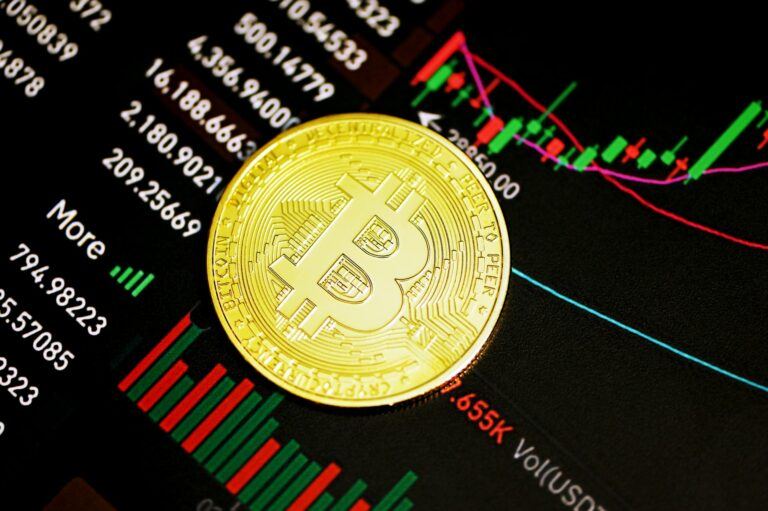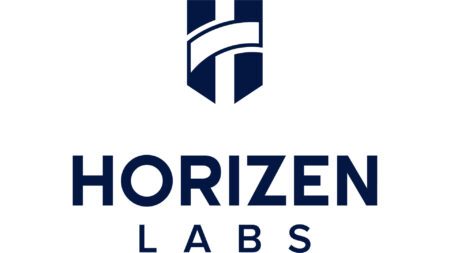A solo Bitcoin miner has managed to successfully find Bitcoin block 860749 to reap a substantial $183,000 reward, beating major mining pools on the cryptocurrency’s network to do so, at a time in which hashrate is reaching new highs.
The achievement is remarkable given that on the Bitcoin network most miners use what are known as pools to increase their chances of finding a block and receive the block reward, which is currently at 3.125 BTC, as well as the transaction fees included in it.
Mining pools see various miners pool together their resources and share the rewards whenever they are found. The solo miner, however, managed to defeat the odds by beating those mining pools and major mining operations.
While solo miners are at a disadvantage, new solo mining equipment offering significant hashrate – the computing power used to secure the Bitcoin network – has helped miners maintain their operations without resorting to pools.
Assuming a hashrate of 500 giga hashes per second (GH/s), which CoinDesk reports mining rigs like BitAxe now claim to offer for solo miners, online calculators suggest that solo BTC miners have a 1 in 1,260,400,000 chance of finding a block, or 1 in 8,752,778 of doing so per day.
The calculator estimates that a solo Bitcoin miner with a 500 GH/s operation would be finding a block once every 23,980 years. Putting into perspective the largest mining pools, Foundry USA and Antpool, have 202.8 exahashes per second (EH/s) and 160.3 EH/s of mining power, with an exahash being one billion times greater than a gigahash.
Featured image via Unsplash.









